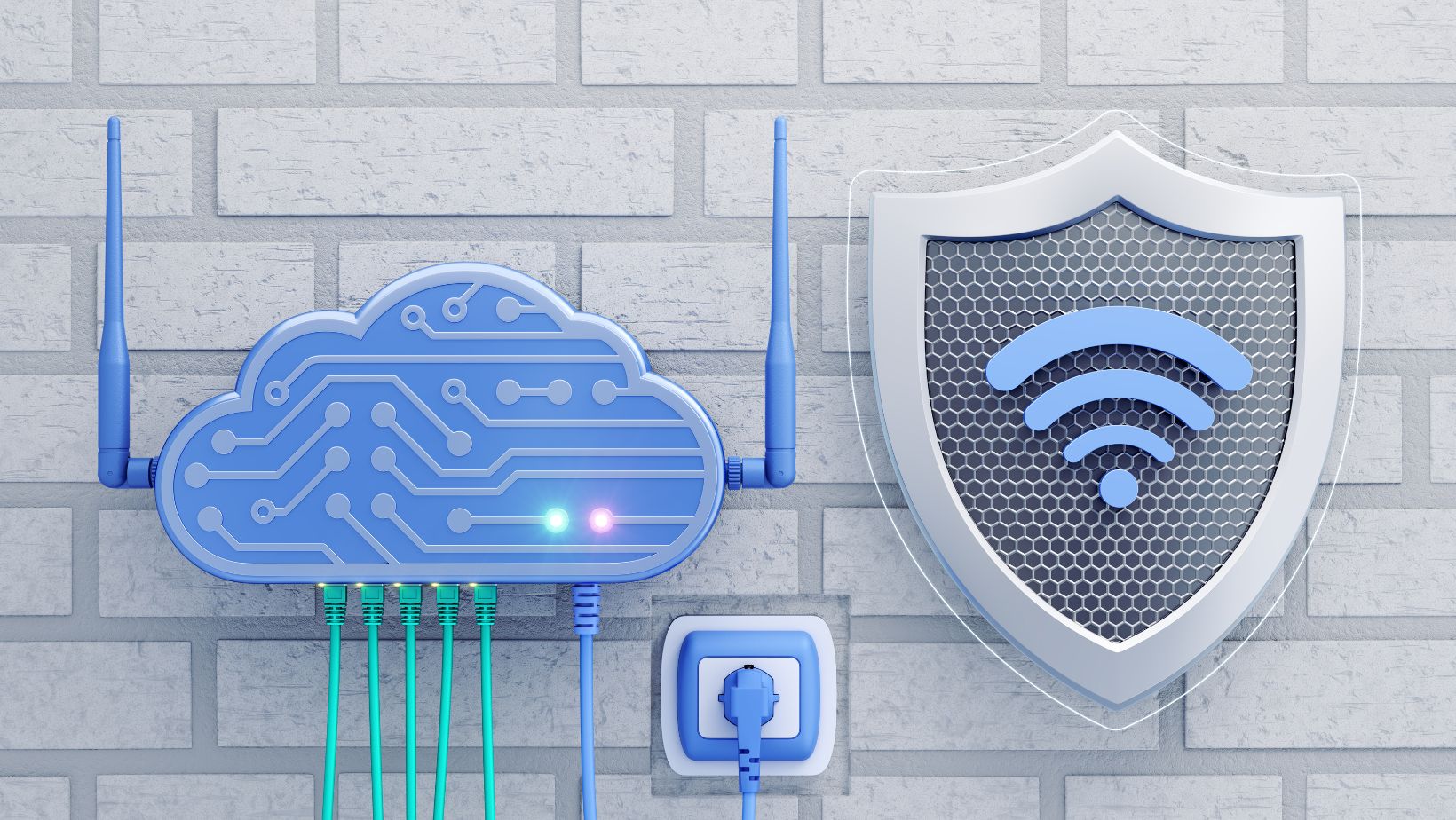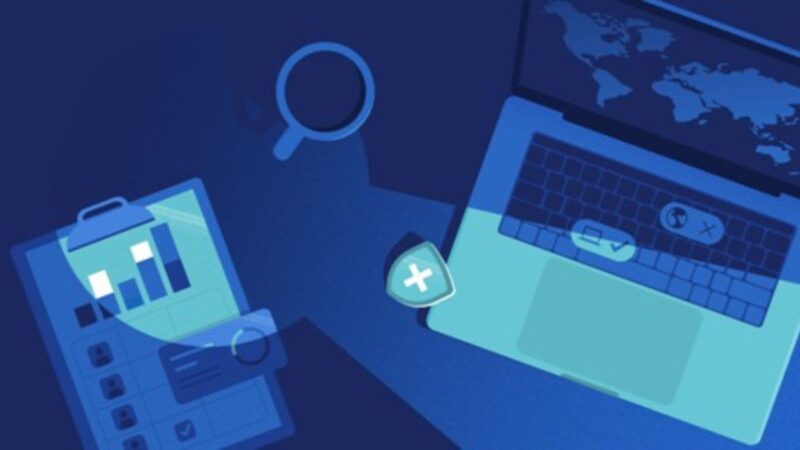
It’s no news that technology has transformed the gaming industry, with a transition from arcade machines to online games. The gaming mode has also been revolutionized with the introduction of browser and app-based games. This way, you can play on your personal computer, gaming console, and mobile phone.
Technological changes have been positive in terms of revenue. As of 2024, the global video game industry’s estimated worth is $455 billion, a 7438% increase from 2001. Therefore, it’s no surprise that cybercriminals are targeting this lucrative industry.
The focal point of this guide is the role of cybersecurity in gaming. Dutch philosopher Desiderius Erasmus said, “Prevention is better than cure.”
This should be your watchword when reading Kate Richardson expert guide. Here, you learn to protect yourself from gaming data breaches. She will cover two significant aspects: common threats and secure gaming practices.
Five Cybersecurity Threats Every Gamer Should Know
As the industry advances, so do cybersecurity risks. Understanding these threats is crucial for protection. That said, here are 5 hazards that could lead to a gaming data breach;
Phishing Scams
A phishing scam works by deceiving gamers into sharing sensitive information. This could be your login credentials or banking information. To accomplish the fraud, the cybercriminal uses;
- Fake emails
- Social media links
- In-game messages
These scams often impersonate gaming companies or developers. They then offer enticing rewards, waiting for unsuspecting individuals to fall victim. For this reason, verify the source of any message requiring personal details.
Malware and Ransomware
Malware mostly affects gaming devices used to download mods, cheat tools, or games from unverified sources. Its effects include stolen data and damaged devices. On the other hand, Ransomware is a type of malware that locks you out of your device. Access is only regained when you pay a ransom. To prevent such risks, regularly update your anti-virus software and limit your downloads to trusted platforms.
Account Hacking
Cybercriminals are fond of attacking accounts for valuable in-game items and currency. These items are traded for fiat or digital currencies. A game platform security breach could also lead to access to personal information linked to the account. Methods used during this process include password cracking. I advise you to use strong and unique passwords to minimize the chances of a hack. Two-factor authentication (2FA) should also be in place.
DDoS Attacks
For those unfamiliar with the term, DDoS stands for Distributed Denial of Service. These attacks are common in competitive gaming, where a player’s network is flooded with traffic. It results in slowdowns or shutdowns, disrupting the gaming experience. As a player, you have limited control over these attacks. That’s why playing on platforms with a gaming security structure is best to withstand these cyber attacks.
In-Game Scams
This involves fraudulent activities like fake trades or in-game currency scams. Inio, the scammer promises rare items or swapping of collectibles. However, the transaction fails as they cart away your valuables. Prevention from this fraud type requires a critical mindset. You should be cautious when trading with strangers and verify offers before releasing your items.
Great Cybersecurity Practices to Prevent Attacks
The gaming culture is developing in Nigeria, as the country has one of the largest mobile internet user bases in Africa. Nigerians are getting involved in online games such as FC and Call of Duty (CoD) Mobile. Aside from gaming, the nation is actively involved in sports such as football and athletics.
With the rise of digital platforms, understanding what to know about sports apps in Nigeria is essential for protection. In the gaming industry, sports betting apps are one of the most targeted by cybercriminals. If you are a sports gambler in Nigeria, you must learn to protect yourself. Here’s how to do it effectively;
- Use Strong Passwords: This is your first line of defense. Avoid using birthdays or common words that are easy to guess. A strong password typically involves using uppercase and lowercase letters, numbers, and symbols. You can use a password manager to generate and save your password.
- Enable 2FA: Apply Two-factor authentication to your accounts. This is the second layer of security in case your password is hacked. 2FA works by sending a verification code to your phone or email. Without the code, the hacker can’t access your account.
- Apps from Trusted Sources: Only download gaming apps from reputable sources such as Google Play Store or Apple App Store. Services such as this have high firewalls to protect your data. Avoid third-party app stores or websites, as they could contain malware. Lastly, ensure to read reviews before installation.
- Secure Wi-Fi Connections: Be cautious when using public Wi-Fi for gaming. These networks are usually unsecured, making them a hacker hotspot for data interception. If using public Wi-Fi is unavoidable, ensure that you use a VPN to encrypt your connection.
- Regular Software Updates: Game developers usually release security updates. Ensure you regularly update your gaming software, as outdated versions are easily targeted. To prevent forgetting, I advise you to turn on automatic updates. Additionally, you can purchase an antivirus program to bolster device security.
- Be Wary of Phishing Attempts: Always verify a link before clicking. Note that gaming platforms wouldn’t ask for sensitive information such as your password. Additionally, be mindful of the personal information you share on the internet. If possible, adjust your privacy settings in gaming forums.
- Use Security Tools: Install antivirus and anti-malware software on your devices. Ensure that you use quality paid tools. Most free ones fail because they do not have strong firewalls against gaming cyber services attacks.

Final Thoughts
The aim of gaming is to have fun and probably “finish the fight,” as Master Chief would say. However, our digital world puts you at risk of hacks and scams. That’s why I put together this guide. Now you know the risks and how to prevent them. What’s left is implementing and having the best gaming experience without worrying about breaches.













